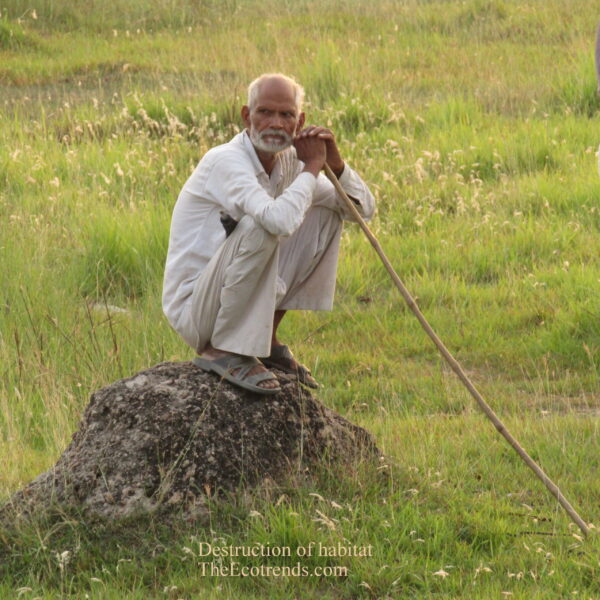Play is a powerful tool that can be applied for social negotiations.
It is one of the most effective tools for keeping relationships fresh and exciting. Playing together for the fun of it brings joy, vitality, and resilience to relationships. Play can also heal resentments, disagreements, and hurts.
Through regular play, we learn to trust one another and feel safe. Trust enables us to work together, open ourselves to intimacy, and try new things. By making a conscious effort to incorporate more humor and play into your daily interactions, you can improve the quality of your love relationships- as well as your connections with co-workers, family members, and friends.
Play helps us develop and improve our social skills. Social skills are learned in the give and take of play. Verbal communication and body language, safety and danger, freedom and boundaries, cooperation and teamwork: all are discovered and practiced repeatedly during infant and childhood play. We continue to refine these skills in adulthood through play and playful communication.
Play teaches us how to cooperate with others. Play is a powerful catalyst for positive socialization. Through play, children learn how to “play nicely” with others – to work together, follow mutually agreed upon rules, and socialize in groups.
As adults, play continues to confer these benefits. Evidence even shows that play may be an antidote to violence. In fact, those who avoid or have never learned to play may become lost in the world of fear, rage, and obsessive worry.
Mutual play can heal emotional wounds. When adults play together, they are engaging in exactly the same patterns of behavior that positively shape the brain in children. These same playful behaviors that predict emotional health in children also lead to positive change in adults.
Studies show that an emotionally-insecure individual can replace negative beliefs and behaviors with positive assumptions and actions by living with a secure partner. Close, positive, and emotionally-fulfilling relationships heal and create emotional resiliency. Play provides a safe and joyous context for the development of such relationships.





hi, good site